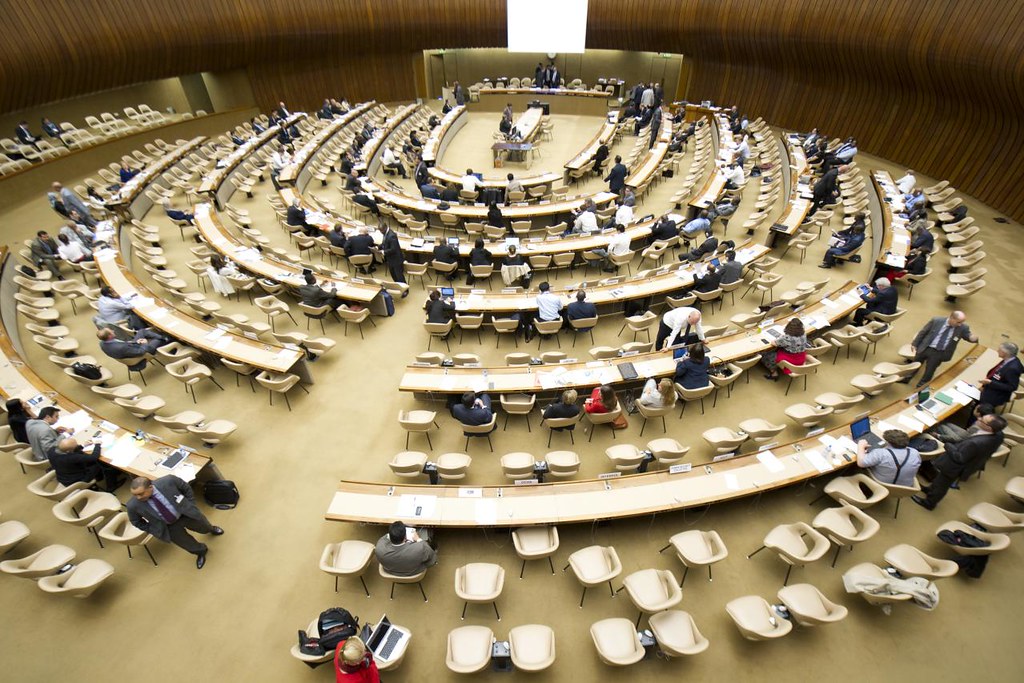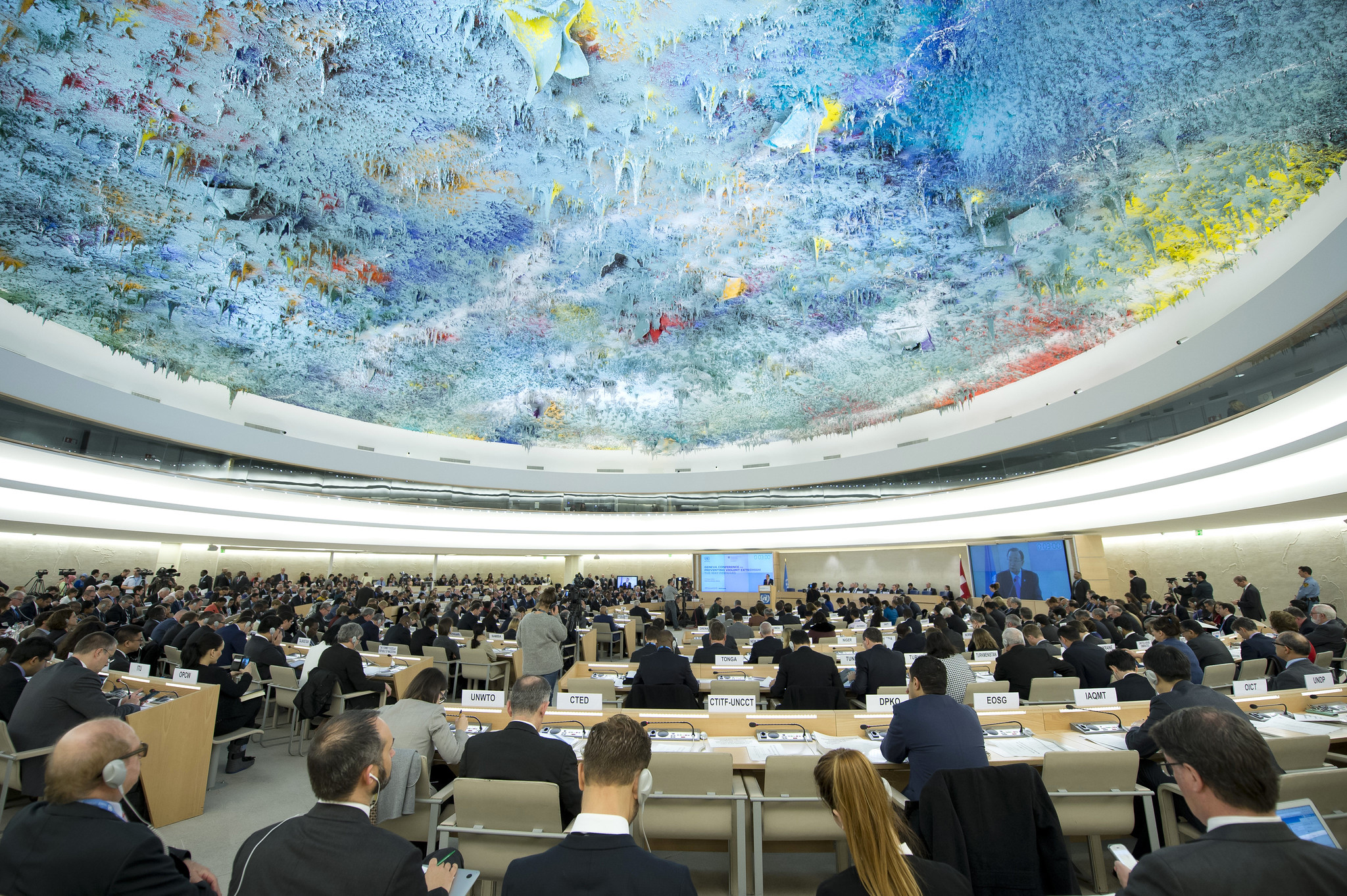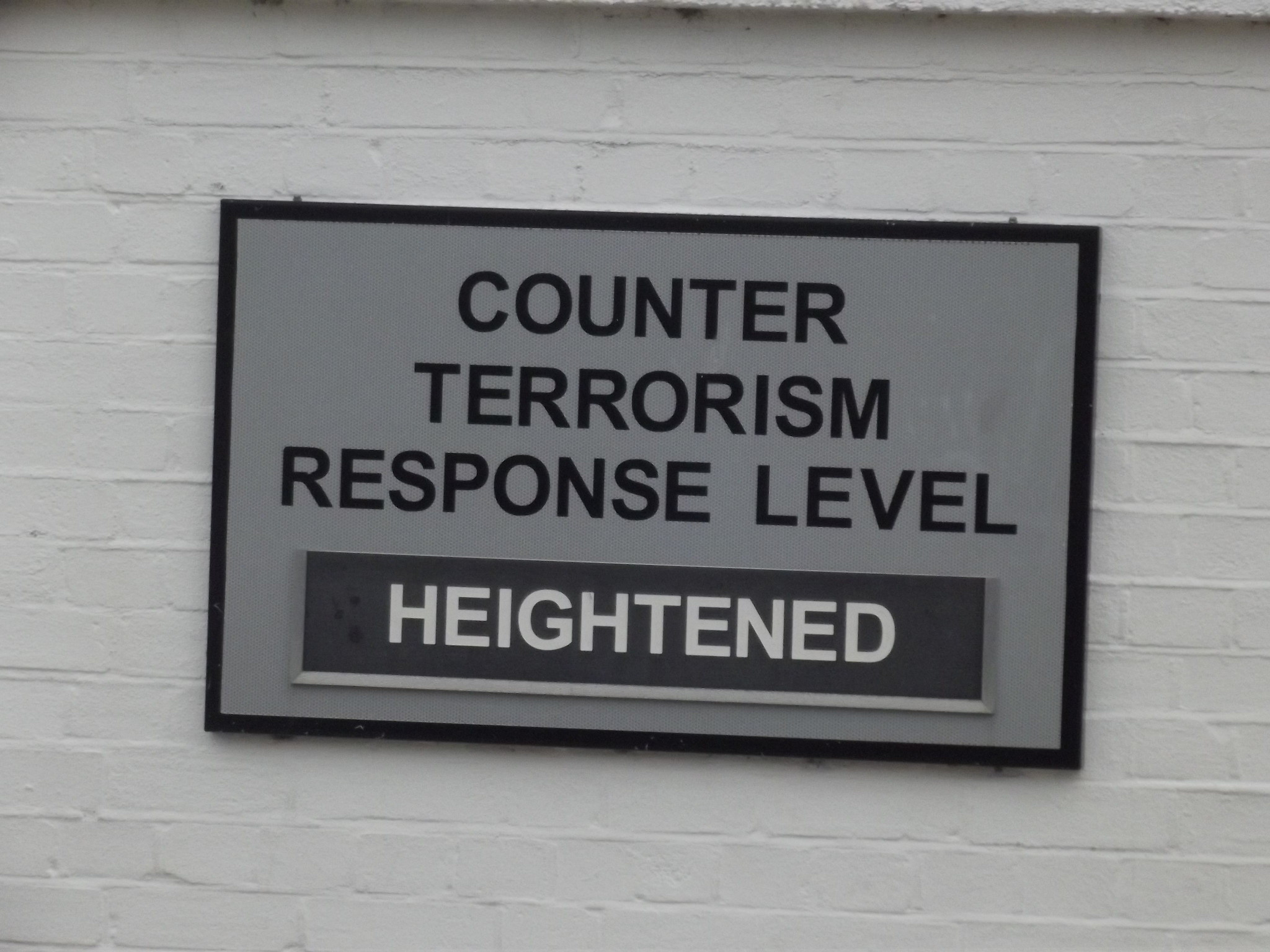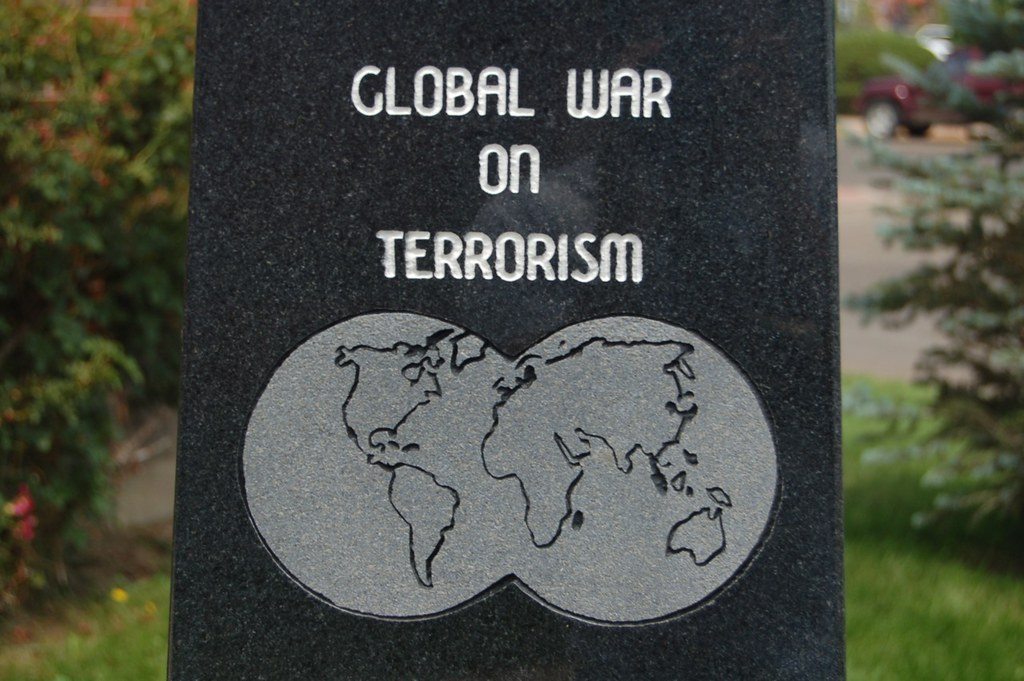I don’t know about you, but I have never been comfortable with the use of martial terminology to discuss our need to confront and/or combat something we see as bad. Think of the ‘war on poverty’ for example. Or the ‘war on drugs’. What do these terms even mean?
I suppose for some they convey the notion that we as a society are going to muster together as many resources to fight this ill. The imagery evokes memories of times where we did indeed have to rally all and sundry to drop everything else to concentrate our energies to beat back a villain/foe whom we saw as all but invincible. A very good example would be the global coalition against Nazi Germany and its allies in WWII. Without that worldwide teambuilding, it is far from clear that we would have ‘won’ the war.
And yet these other ‘wars‘ do not seem to have gone so well so far. The war on poverty has had mixed results. The same can be said for the war on drugs. Both scourges continue to challenge us and will most likely do so for the foreseeable future (while I am a HUGE Star Trek fan I do find it hard to believe that poverty will be eliminated by the 23rd or 24th centuries!).
Alas, terrorism has become the latest social ill to receive the ‘war on…’ label. And, like poverty and drugs, terrorism is showing no signs of abating: quite the contrary as the still dominant Islamist brand is facing competition from far right, and increasingly far left, versions. As it has been said on many occasions, declaring ‘war‘ on a common noun is generally a bad idea as common nouns do not (and cannot) surrender.
Despite all this, several nations still see a military response to terrorism around the world as a viable option, if not the best course of action. Several nations in Africa seem to be keen on this strategy. A few recent examples of note:
- after a few attacks in Kampala, the Ugandan government has decided to send troops to the Democratic Republic of Congo (DRC) to pursue Allied Democratic Front (ADF) terrorists believed responsible for those attacks (and the ADF may be tied to Islamic State (ISIS), which has a self-styled ‘Central African Province‘);
- Burkina Faso, Ghana, Ivory Coast and Togo have carried out a joint military operation to counter increased attacks by Islamist insurgent groups in parts of West Africa: over 5,700 troops were deployed in the borderlands between Burkina Faso and the other three countries under a security cooperation deal the countries agreed in 2017 to prevent jihadist violence spreading from the Sahel region;
- Kenya continues to suffer attacks from Al Shabaab (AS) in Somalia: the African nation has sent troops to its neighbour under the umbrella of the African Union (AMISOM) since 2011.
And yet the response from terrorists has been predictable.
In addition to the aforementioned attacks in Kenya, both Benin and Togo have suffered casualties from assaults on their armed forces from jihadis lately. And Uganda, which is hell bent for leather on going into the DRC to get terrorists, was also beset by Somalia back in 2010 when AS struck a crowd watching a World Cup soccer (football) final, killing 74 and wounding another 70. AS stated that the attack was in response to Uganda’s presence in AMISOM.
What then to make of a comment recently by Ugandan President Museveni: “The terrorists invited us and we are coming for them.”? What purpose does this serve? Are Ugandans now back in a tit for tat war with the jihadis? Is this a rallying cry and why do so many leaders use war to get their populations mobilised?
Don’t get me wrong. I do see a role for the military in counter terrorism on occasion (I wrote extensively about this in my 4th book An End to the War on Terrorism). That part should, however, be limited to a small number of operations that do not open the door to long-lasting deployments: the longer foreign forces stick around the more things go wrong and the locals get pissed off.
What are these limited actions? Special forces operations like the one that located and killed both Al Qaeda (AQ) leader Usama bin Laden and ISIS leader Abu Bakr Al Baghdadi (in 2011 and 2019 respectively). Drone/airstrikes that kill terrorists like the one that got Anwar al Aulaqi (also rendered as Awlaki) in 2011, although there have occurred deaths of civilians in these ops. But to my mind that is about it. Some may disagree with me, especially those with a much better understanding of military strategy than me.
The twenty-year deployment in Afghanistan which accomplished little in the end – the Taliban are again in control and AQ is still in situ – should serve as a lesson to all. Why, then, are African states not listening? It really is time to retire the inaccurate, unhelpful and largely counterproductive term ‘war on terror‘.
Read More About Counter-terrorism

How woke and cancel culture undermine CT understanding
Hey Canada! Resorting to generic, meaningless terminology to describe terrorism is inaccurate, unhelpful and deters from broader understanding.

Do ‘Prevent’ type CT programmes really work?
We have been ‘doing’ preventative work in the terrorism sphere for a few decades: is it time for a rethink?

Why bother doing CT ops if terrorists walk free?
How far should intelligence and law enforcement agencies go in investigating terrorist threats?

